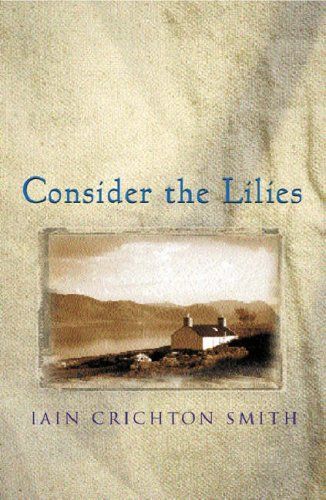
Consider the Lilies
'Retrained, finely wrought ... Mr Crichton Smith shows us isolation, perplexity, loneliness, a combination of blindness and indifference' - New Statesman 'Mr Crichton Smith has an acute feeling for places and atmosphere. The wind-blown heaths, the grey skies, the black dwellings, the narrow lives, the poverty - are all vividly depicted ... one can linger over the sheer beauty of his phrases' - Observer The eviction of the crofters from their homes between 1792 and the 1850s was one of the cruellest episodes in Scotland's history. In this novel Iain Crichton Smith captures the impact of the Highland Clearances through the thoughts and memories of an old woman who has lived all her life within the narrow confines of her community. Alone and bewildered by the demands of the factor, Mrs Scott approaches the minister for help, only to have her faith shattered by his hypocrisy. She finds comfort, however, from a surprising source: Donald Macleod, an imaginative and self-educated man who has been ostracised by his neighbours, not least by Mrs Scott herself, on account of his atheism. Through him and through the circumstances forced upon her, the old woman achieves new strength.
Reviews
Stephen Campbell@stephencampbll